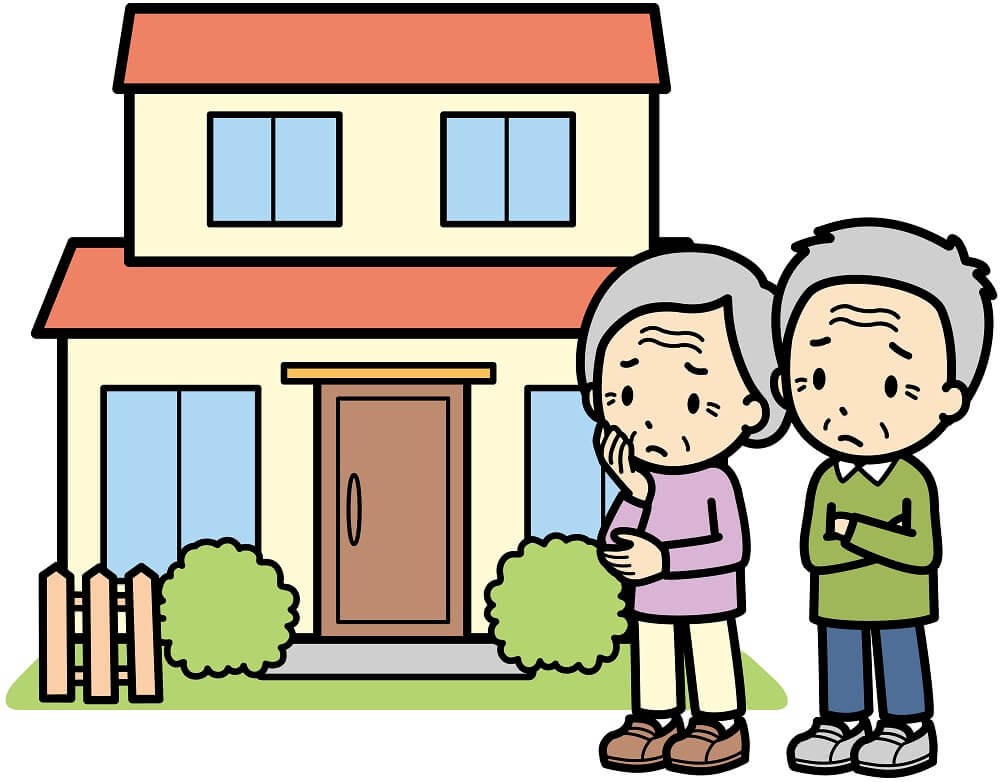Should You Sell Your House to Pay For a Nursing Home?

Has the time come to consider moving to a board & care facility or even a skilled nursing home? Has your parent or loved one gotten to the point where they can’t take care of themselves and a nursing home is the only option? Whether considering the move for yourself or a loved one, there is a lot to consider when figuring out how to pay for it. 
Most people first try to pay for their nursing home care out of pocket or by applying for Medi-Cal (California’s Medicaid program). But what if the elder has a home? How does that factor into the equation? There is a lot of confusing and misleading information on the internet about this huge decision, so I wanted to give you a simple guide to help you make the right choice.
Here are the four most important things to consider when deciding whether you should sell your home to pay for the nursing home:
1. Your house may be protected from Medi-Cal, your cash won’t be. Owning a home doesn’t automatically disqualify you for Medi-Cal benefits for nursing home costs. However, the State Department of Health Services will file a claim against your estate after you die to recoup the Medi-Cal nursing home benefits paid. With careful planning there are ways to avoid this lien. Some states have implemented the Deficit Reduction Act of 2005, disqualifying the home as an asset for Medicaid eligibility if your equity exceeds the allowed limit. However, while your home may be protected, any cash you gain from the sale of your home won’t be – you will have to “spend down” to the allowable limits ($2,000 for a single person in California) before the state will help pay for your nursing home care. Note: Medi-Cal only pays for nursing homes, not board & care facilities.
2. There could be avoidable taxes. The financial benefit of selling your home while you’re alive could actually be diminished because of capital gains. When you sell a home while you’re alive, the capital gains tax is on the difference between your original purchase price and current market value (less an applicable homeowner’s exemptions). That means if you’ve owned the home for 30 years, you could owe a huge chunk in capital gains taxes. However, leaving the house to your heirs, they are only on the hook for the difference between the market value when they sell and when they inherited it. This could be a huge tax break for your heirs.
3. Borrowing could be your best bet. Home equity loans and reverse mortgages can be practical solutions to pay for long term care expenses. It’s best to speak with your financial advisor or tax professional about these options.
4. Consider in-home care. Receiving care in your own home could be less expensive than living in a nursing facility and will be a much better experience for most elders. Medi-Cal may cover some in-home care expenses for seniors eligible for “In Home Support Services”.
If you have a good long term care insurance policy, you will not have to worry about these issues! Most policies now include in-home care coverage.
Deciding to move yourself or a parent to a nursing home is a huge decision and figuring out how to pay for it can be overwhelming. To fully understand all your options and what your financial and tax implications are before making the wrong move, contact an Estate Planning Attorney. We would be happy to schedule a consultation and answer all of your questions.






